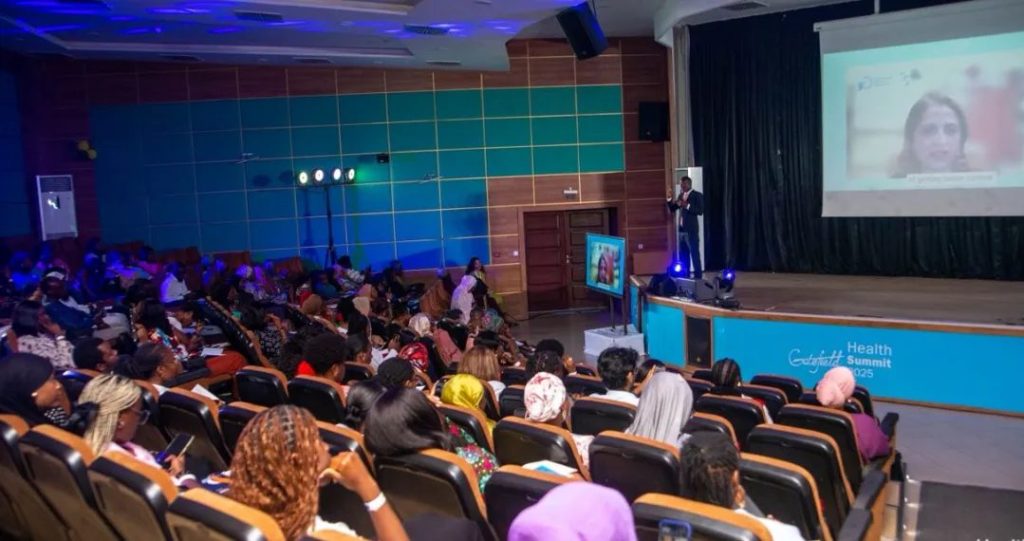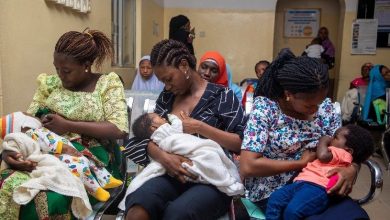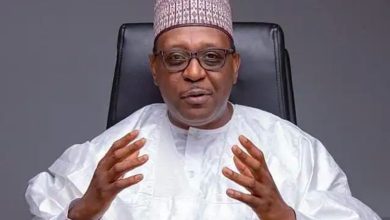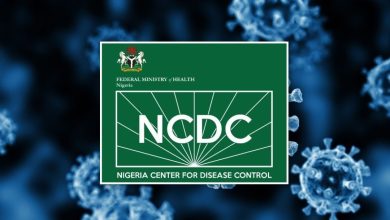Gatefield, Stakeholders Renew Call for Urgent Reforms to Fix Nigeria’s Health System
Gatefield and health experts have called for urgent reforms to fix Nigeria’s failing health system.
At the 2025 Gatefield Health Summit, speakers urged increased funding, accountability, and long-term investment in healthcare.
Gatefield, a media and advocacy group focused on social impact, alongside key health stakeholders, has renewed calls for urgent reforms to address Nigeria’s struggling health system and improve the country’s low life expectancy, according to reports.

The call was made during the 2025 Gatefield Health Summit held in Abuja on Wednesday. The event, themed “Resilient Health Futures,” brought together health experts, policymakers, and advocates to discuss chronic diseases, health financing, pandemic preparedness, antimicrobial resistance (AMR), and the One Health approach.
In his keynote address, Gatefield’s Founder and CEO, Adewumi Emoruwa, described Nigeria’s health crisis as alarming, citing the country’s life expectancy as evidence of systemic decay. “The average life expectancy of a Nigerian is 54 years,” he said. “This means if you’re 25 or 27 in Nigeria today, you’re already at your half-life. This is not just about when people die; it’s about how well they live.”
He added, “It’s also about access to nutritious food, clean water, safe medicines, and a functioning healthcare system. Countries that care about the well-being of their people are designing systems that help them live longer. We must do the same in Nigeria.”
Reports say Mr. Emoruwa also criticized the vast gap in global health financing, describing it as one of the biggest barriers to healthcare equity. He noted that Africa bears 25 per cent of the world’s disease burden yet receives only a fraction of global health funding.
“In Europe, the average health spending per person is $4,500. In Switzerland, it’s over $12,000. In Nigeria, it’s just $5. That’s a crisis,” he said. “You need 2,500 Nigerians’ health budgets to equal that of one Swiss citizen. Until we invest more, we’ll keep relying on luck instead of systems.”
On maternal health, Mr. Emoruwa expressed concern over the 97 per cent cut in Nigeria’s family planning budget between 2024 and 2025, calling it “a national emergency.”
He stated, “Women’s health is not a side issue, it’s the foundation of public health. If women aren’t healthy, families aren’t healthy. And if families aren’t healthy, nations can’t thrive.”
He further urged policymakers to prioritize accountability and long-term investment in health. “It’s time for Nigeria to stop patching a broken system and start rebuilding one that works for everyone, rich or poor, urban or rural. Health is not charity; it’s a right,” he said.
Reports say the Managing Director of the Society for Family Health, Omokhudu Idogho, represented by Anthony Nwala, echoed similar sentiments, stressing that Nigeria’s health system must be built on resilience. “Resilience is not an abstract idea; it must be woven into the design, delivery, and impact of our health interventions,” he said.
He added, “If we strengthen community structures and invest in local solutions, we can create a system that endures shocks, whether from pandemics, economic crises, or political instability.”
The summit ended with a joint commitment from participants, urging for stronger governance, increased funding, and innovative reforms to ensure Nigerians enjoy longer, healthier lives.



